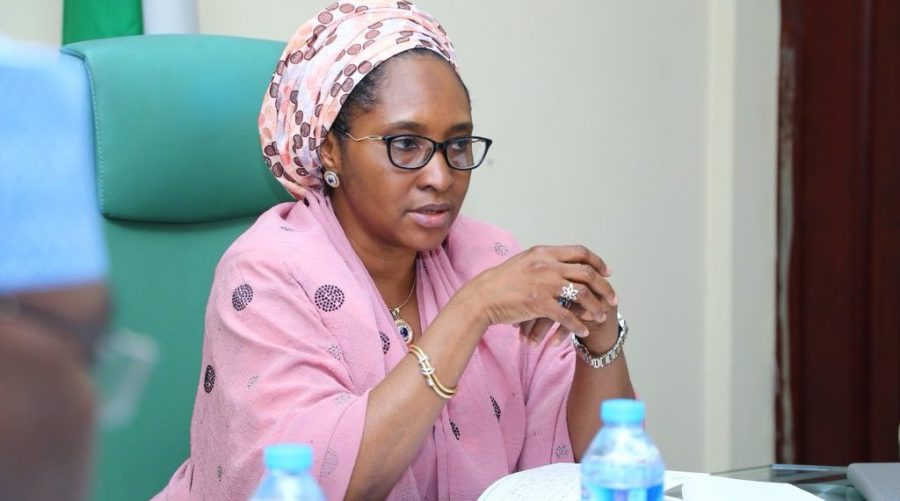The Minister of Finance, Zainab Ahmed, has disclosed that the Federal Government decided to obtain $17 billion loans from China as the World Bank and the African Development Bank’s (AfDB) failed to show much interest in Nigeria during the recession.
The minister explained that the global lender, AfDB, and other lending institutions failed to show much interest in the nation during the recession period, which lasted for a year, as this made it requested the loan from the China-Exim Bank.
Ahmed stated that the loan from the Chinese bank, “is meant to make funds available to our own development institutions so that they can give out loans because access to finance has been difficult for the Small and Medium Enterprise (SMEs).”
Defending Buhari’s thirst for loan: She explained that the $29.96 billion loan request by President Muhammadu Buhari is to fund critical infrastructure across the country. She told the Senate that about $6 billion had been approved by the 8th National Assembly.
(READ MORE: Finance Bill designed for the good of Nigerians – Finance Minister, Zainab Ahmed)
She disclosed to the Senate Committee on Local and Foreign Loans that 70% of the loan, which is about $17 billion, would come from the China-Exim Bank as Nigeria is in need of $22.8 billion to balance the $29.96 billion loan request. Meanwhile, the remaining loan would be sourced from other lending institutions such as the Islamic Development Bank.
Using debt to cover up dwindling revenue: With revenue declining, the government intends to borrow in order to fund various projects which it says will reflect positively on the lives of Nigerians.
“The funds ($22.8billion) will be channeled to the funding of infrastructure, which will enhance the productivity of our economy.
“Other projects are in healthcare and education. This also includes projects for the rehabilitation of the North-East geopolitical zone, which has been ravaged by insurgency.
“Others are the Mambila Hydro Power project ($4.9billion), Lagos-Kano modernisation rail project ($4.1billion), the Development Finance project loan being provided by a consortium of World Bank and African Development Bank agencies ($1.28billion).
“Above all, the loan would help us improve on the electricity supply, reduce poverty, create jobs, ensure access to finance, agricultural productivity, guarantee food security, achieve high school enrolment, provide clean potable water, rehabilitate major roads and develop the mining industry.”
FG won’t pay back loan alone: Since the Federal Government and some state governments were jointly requesting for the loans from various lending institutions, the Federal Government wouldn’t be solely responsible for the repayment of the loan being borrowed.
[READ ALSO: Again, Finance Minister argues that Nigeria is not in debt distress)
According to Ahmed, some states will also be responsible for the repayment of the loan. “The 2016 – 2018 external borrowing plan is both for the Federal Government and the states. So, some states would be responsible for the payment of some of the loans.”
Nigeria’s debt level still not a problem: According to the Finance Minister, the Fiscal Responsibility Act set Nigeria’s current portfolio ceiling at 25% of total debt to GDP, so sustainability is not a problem.
Ahmed explained that despite the worries among Nigerians regarding the country’s debt level, Nigeria’s debt level when compared to the USA, UK, and Canada, is still low. She stated that “The ratio for December 2018 was 19.09% but it reduced to 18.9% by the middle of 2019.
“The debt service to revenue ratio is however high and it provides us strong justification for us to drive our revenue. In 2017, the ratio was 57% and 51% in 2018.”
